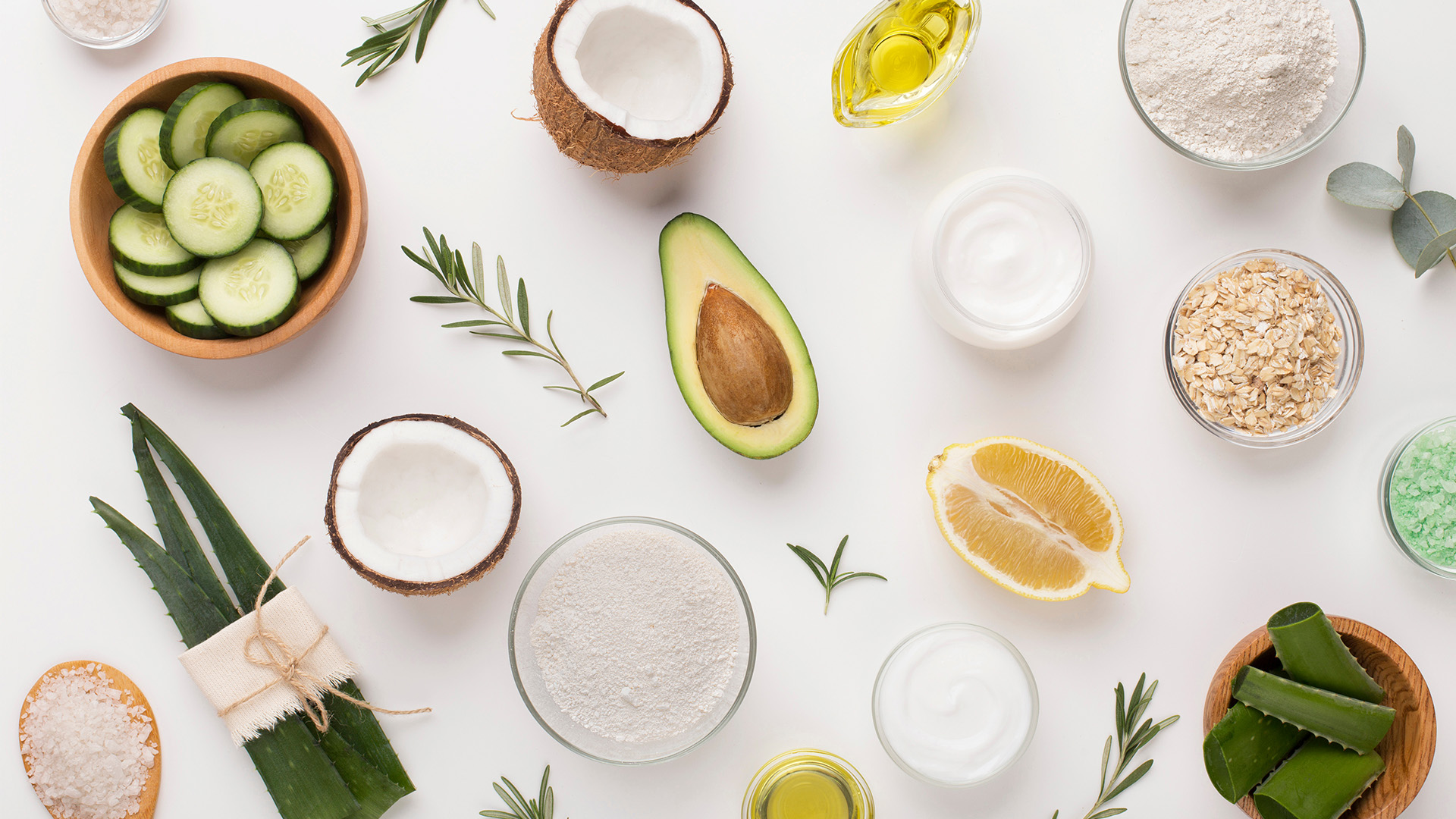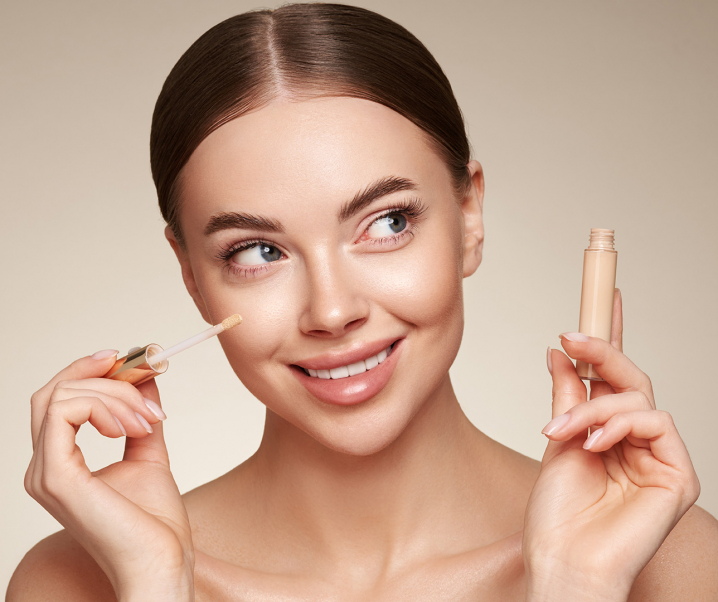Congratulations, you’re expecting a baby!
This is a wonderful time in your life, but also a time when you need to be extra careful about what you put on your skin. Some skin care ingredients can be harmful to your baby, while others can help you glow and nourish your skin.
Here are seven completely safe skin care ingredients for you and your little one:
#1 Aloe Vera
Aloe vera is a plant that has been used for centuries for its healing and soothing properties. It contains vitamins, minerals, antioxidants, and anti-inflammatory agents that can help with various skin issues. Aloe vera can moisturize dry skin, calm redness and inflammation, heal wounds and burns, and prevent infections. It can also help fade dark spots and scars caused by melasma or stretch marks.
You can use aloe vera gel directly from the plant or buy a product that contains at least 95% pure aloe vera. Apply it to your face or body as often as needed. You can also mix it with other ingredients, such as honey, oatmeal, or yogurt, to make a DIY mask or scrub.
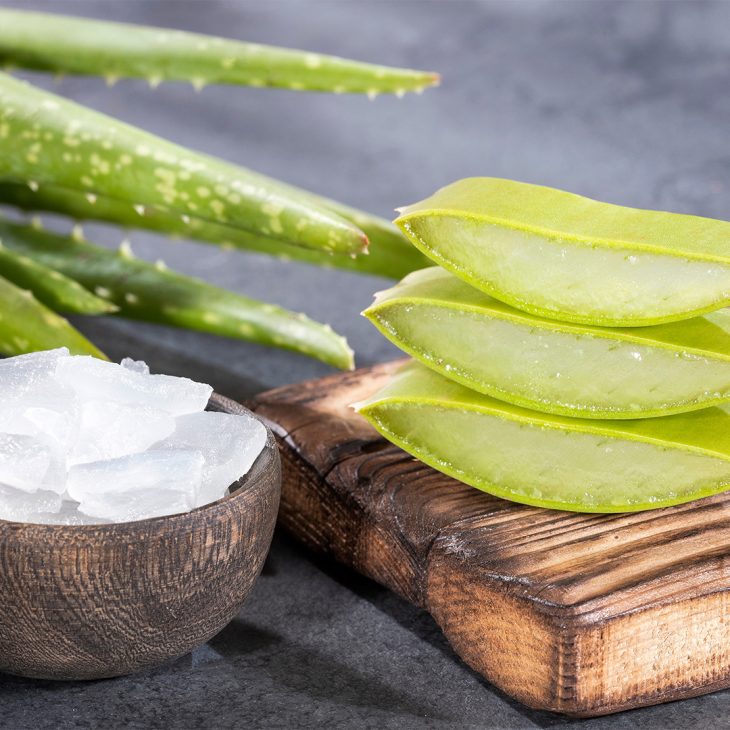
#2 Shea Butter
Shea butter is a fat extracted from the nuts of the shea tree. It is rich in fatty acids, vitamins A and E, and antioxidants that can nourish and protect your skin. Shea butter can moisturize dry skin, improve elasticity, reduce inflammation, and prevent wrinkles. It can also help prevent and treat stretch marks by increasing collagen production and improving skin texture.
You can use pure shea butter or a product that contains it as a main ingredient. Massage it into your skin twice a day, especially on areas prone to stretch marks, such as your belly, breasts, hips, and thighs.
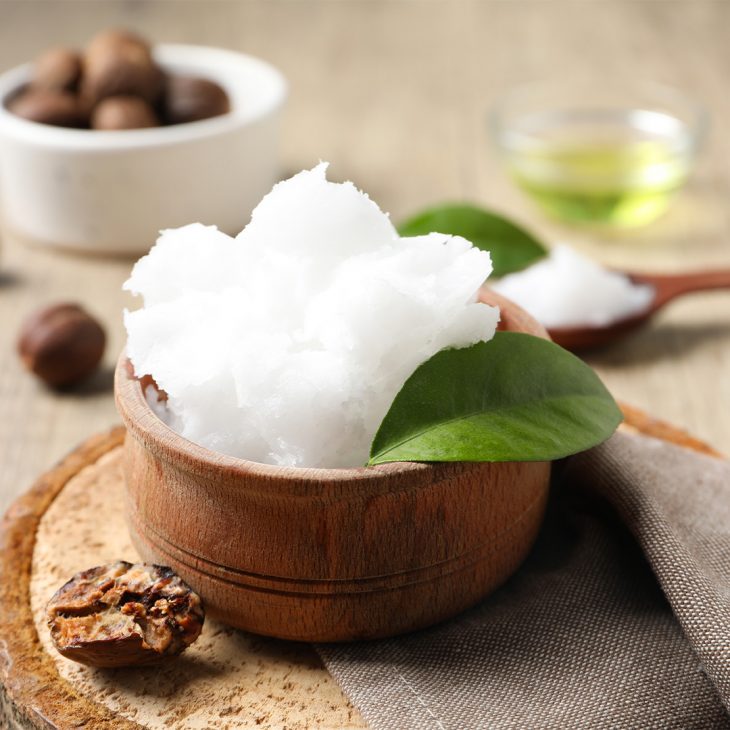
#3 Coconut Oil
Coconut oil is another natural fat that can benefit your skin. It contains medium-chain fatty acids, lauric acid, vitamin E, and antioxidants that can hydrate, repair, and protect your skin. Coconut oil can moisturize dry skin, heal wounds and infections, reduce inflammation and itching, and fight free radicals. It can also help prevent and fade stretch marks by improving skin elasticity and reducing pigmentation.
You can use virgin coconut oil or a product that contains it as a main ingredient. Apply it to your skin after showering or bathing, when your skin is still damp. You can also use it as a makeup remover, lip balm, or hair conditioner.
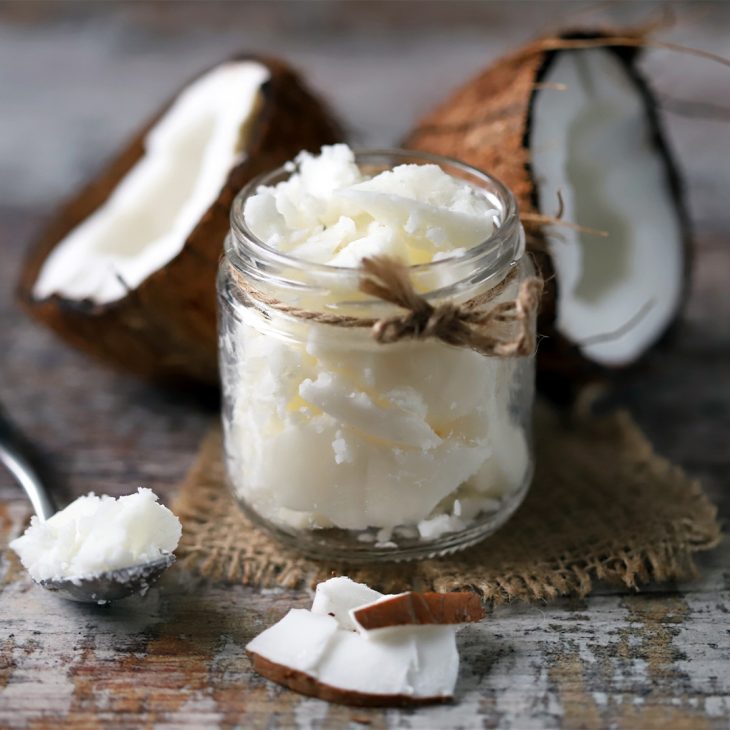
#4 Vitamin C
Vitamin C is an essential nutrient that plays a vital role in your skin health. It is involved in collagen production, wound healing, sun protection, and antioxidant defense. Vitamin C can help brighten your complexion, fade dark spots and scars, even out your skin tone, and prevent wrinkles. It can also help prevent melasma by inhibiting the production of melanin (the pigment that causes darkening of the skin).
You can get vitamin C from fruits and vegetables (such as citrus fruits, berries, kiwi, and peppers) or from supplements (consult with your doctor before taking any). You can also use topical products that contain vitamin C (such as serums, creams, or masks). Look for products that contain at least 10% vitamin C (preferably in the form of L-ascorbic acid) and have a pH level between 3.0 and 4.0. Apply them to your face once or twice a day, preferably in the morning, and follow with sunscreen.
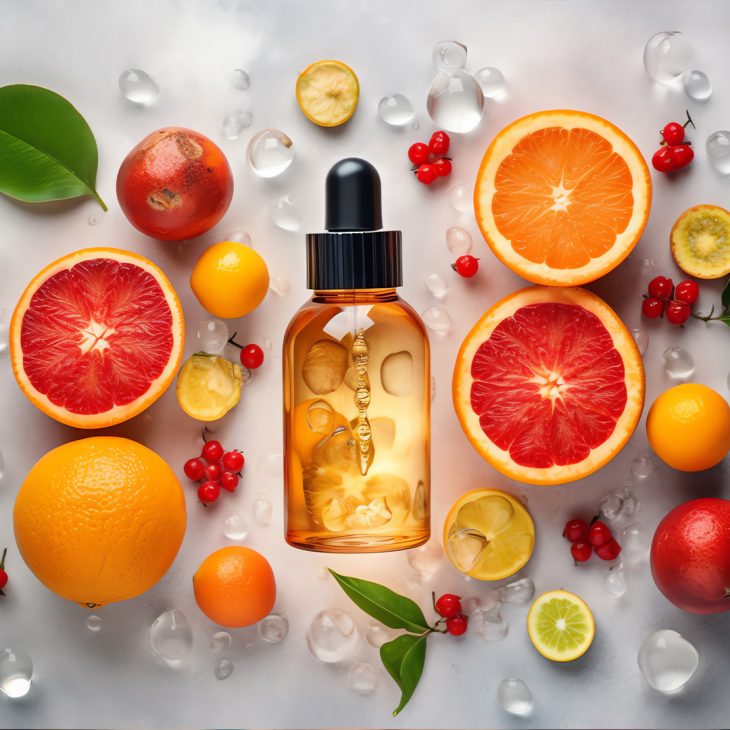
#5 Vitamin E
Vitamin E is another essential nutrient that can benefit your skin. It is a powerful antioxidant that can protect your skin from oxidative stress and environmental damage. Vitamin E can help moisturize dry skin, heal wounds and burns, reduce inflammation and itching, and prevent aging signs. It can also help prevent and treat stretch marks by improving skin elasticity and reducing scar formation.
You can get vitamin E from foods (such as nuts, seeds, vegetable oils, and leafy greens) or from supplements (consult with your doctor before taking any). You can also use topical products that contain vitamin E (such as oils, creams, or gels). Look for products that contain natural vitamin E (preferably in the form of alpha-tocopherol) and have a concentration of at least 5%. Apply them to your skin once or twice a day, especially on areas prone to stretch marks.
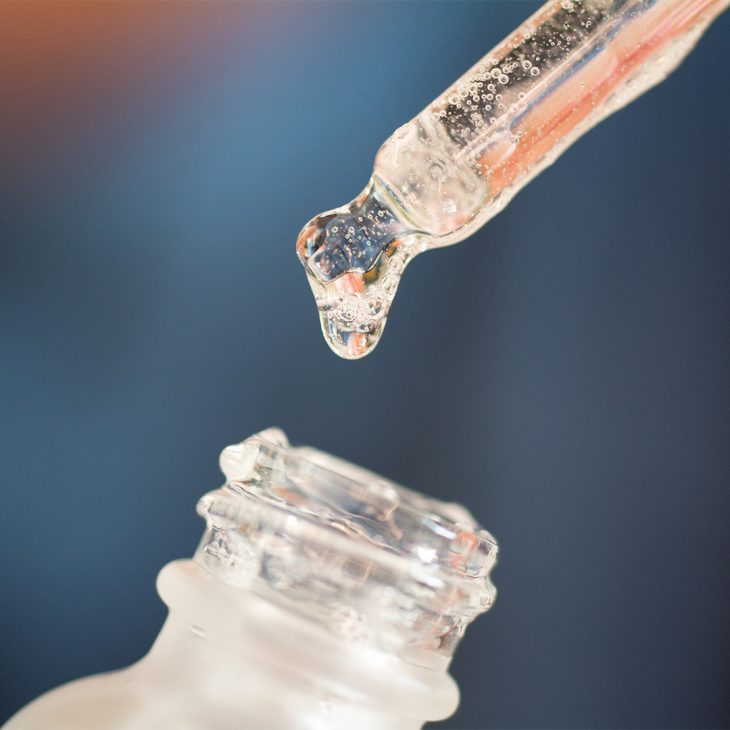
#6 Vitamin B6
Vitamin B6 is another essential nutrient that can help your skin during pregnancy. It is involved in many metabolic processes, such as protein synthesis, hormone regulation, and immune function. Vitamin B6 can help prevent and treat acne by reducing the production of sebum (the oil that clogs your pores) and inflammation. It can also help prevent and treat eczema by enhancing the barrier function of your skin and reducing water loss.
You can get vitamin B6 from foods (such as meat, fish, eggs, bananas, and potatoes) or from supplements (consult with your doctor before taking any). You can also use topical products that contain vitamin B6 (such as creams, lotions, or sprays). Look for products that contain pyridoxine hydrochloride (the active form of vitamin B6) and have a concentration of at least 2%. Apply them to your skin once or twice a day, preferably after cleansing.

Wrap-up
There you have it, mom-to-be! You can pamper your skin with these 7 natural and safe ingredients that will make you glow like a goddess. No need to worry about harming your baby or yourself with harsh chemicals or questionable products. Just enjoy this special time and take care of your skin with these simple and effective tips. You deserve it!
FAQs
Q1. Can you use sunscreen during pregnancy?
A. Yes, you can and should use sunscreen during pregnancy. Sun exposure can worsen some of the skin issues that you may experience, such as melasma, dark spots, and wrinkles. Sunscreen can help protect your skin from harmful UV rays and prevent further damage.
Q2. Can you use retinoids during pregnancy?
A. No, you should avoid using retinoids during pregnancy. Retinoids are derivatives of vitamin A that are used to treat acne, wrinkles, and other skin conditions. However, they can also cause birth defects if taken orally or applied topically during pregnancy.
Q3. Can you use salicylic acid during pregnancy?
A. It depends on the concentration and the frequency of use. High doses of salicylic acid (more than 2%) or frequent use (more than once a day) should be avoided during pregnancy. Low doses of salicylic acid (less than 2%) or occasional use (once or twice a week) may be safe, but you should consult with your doctor before using them.

